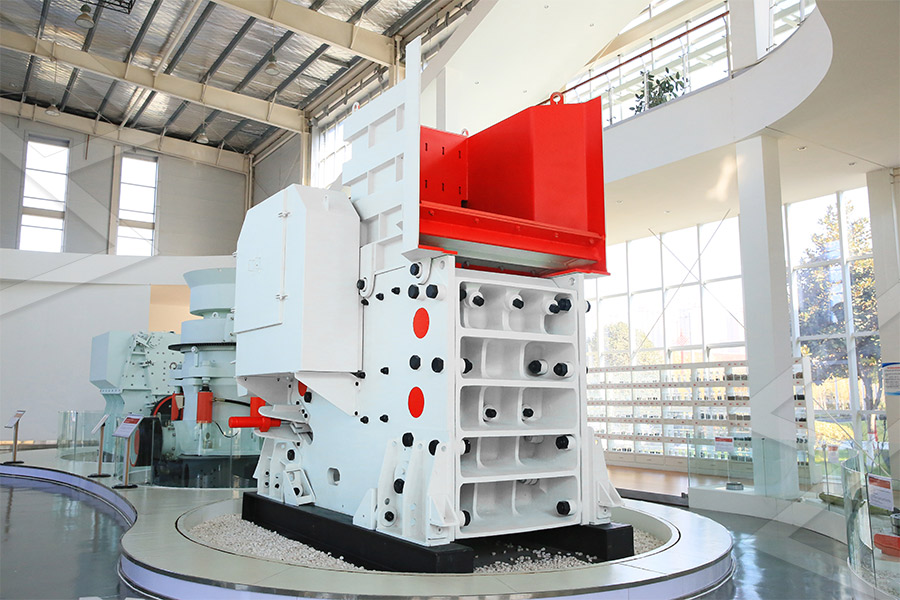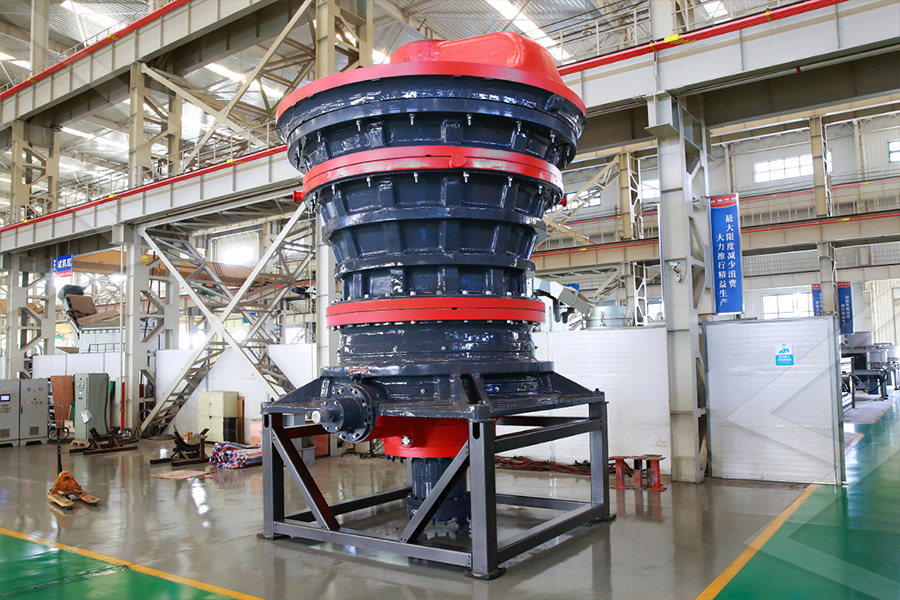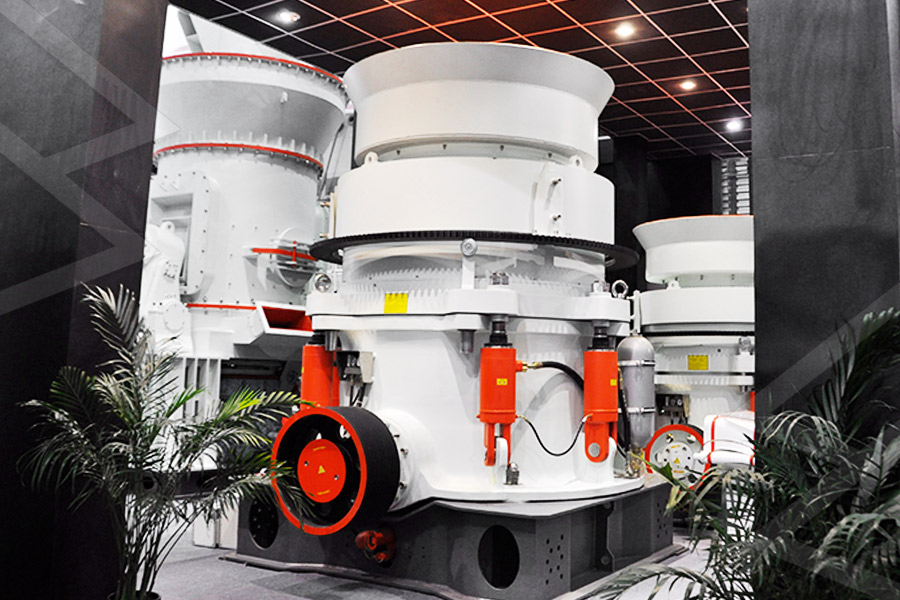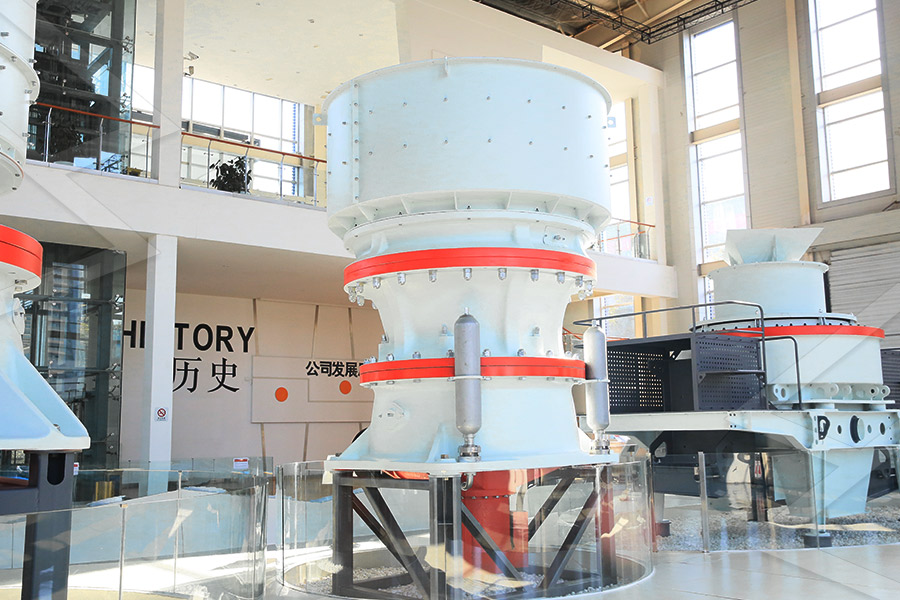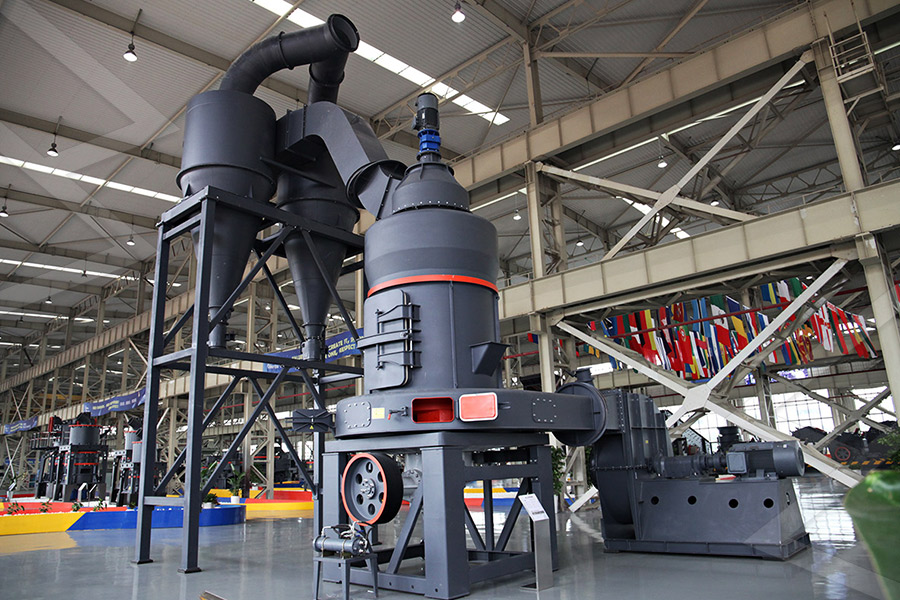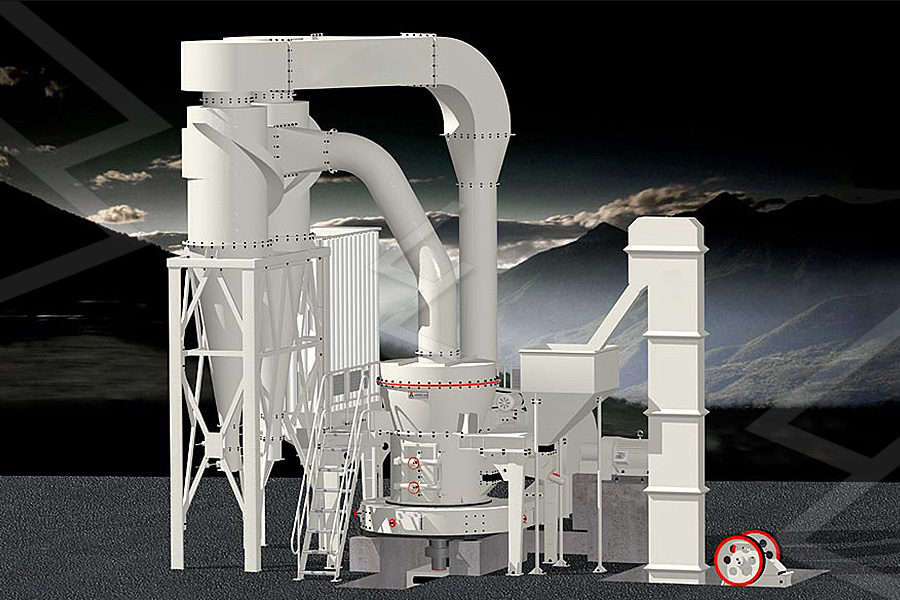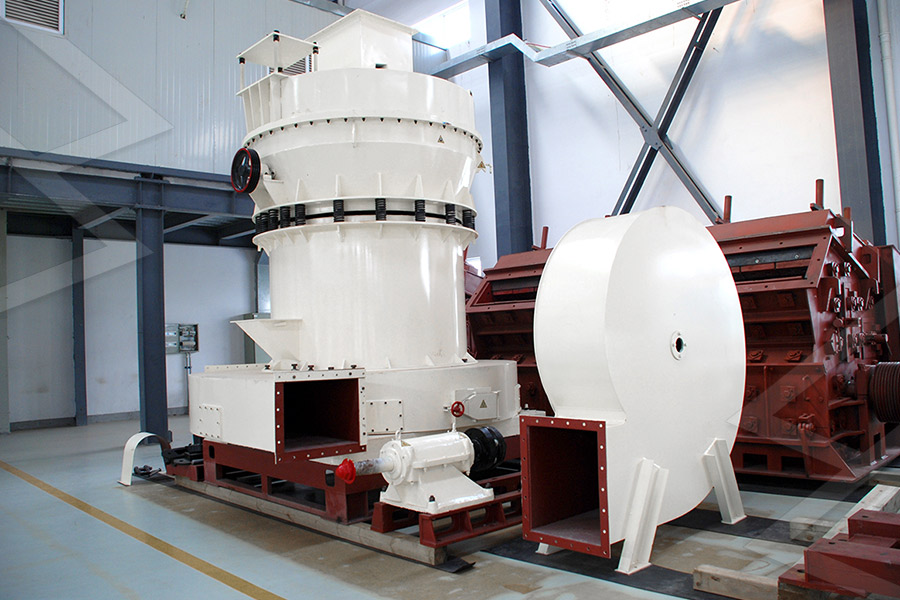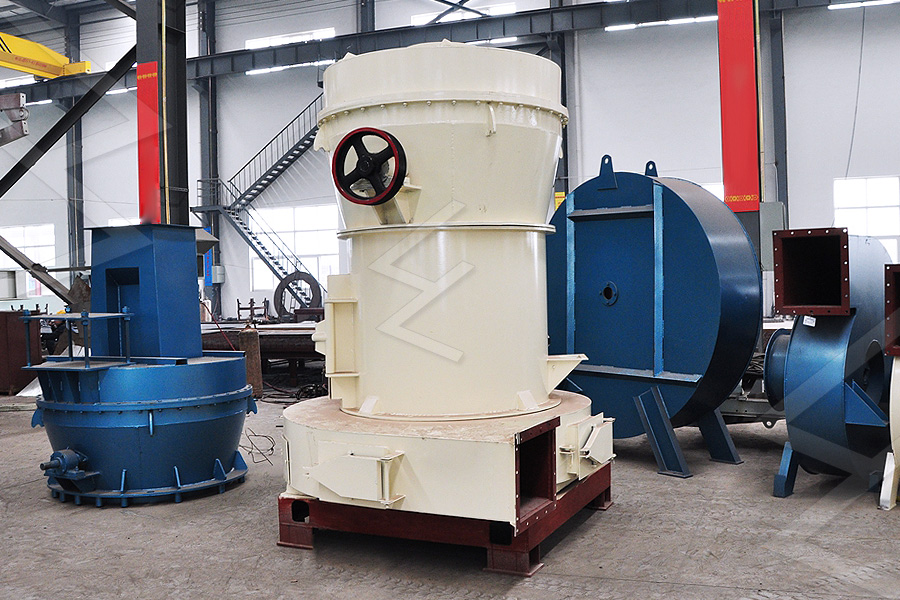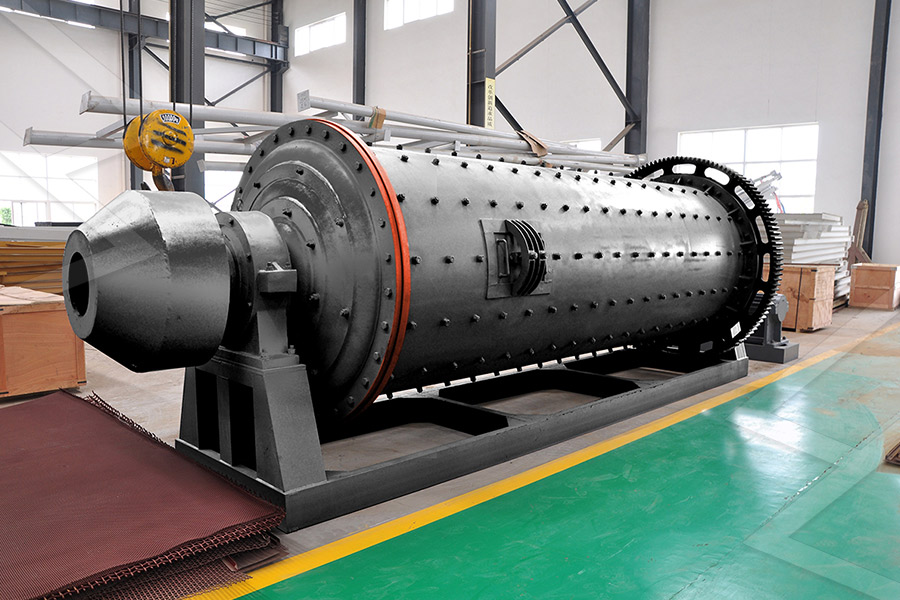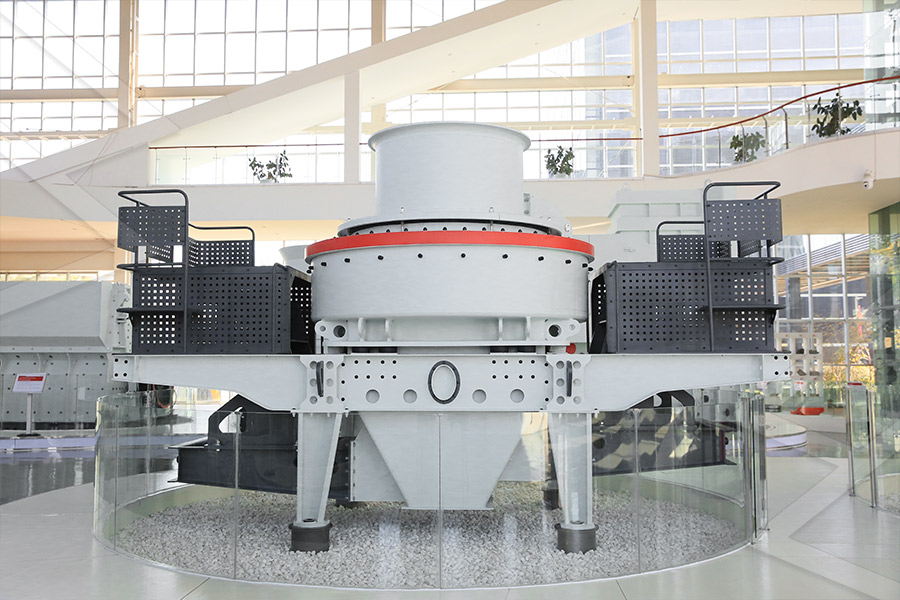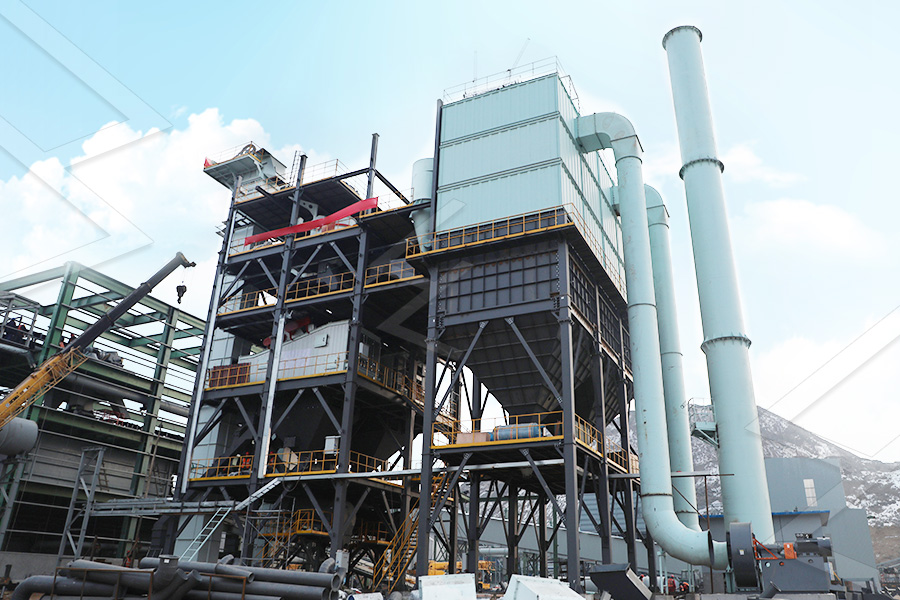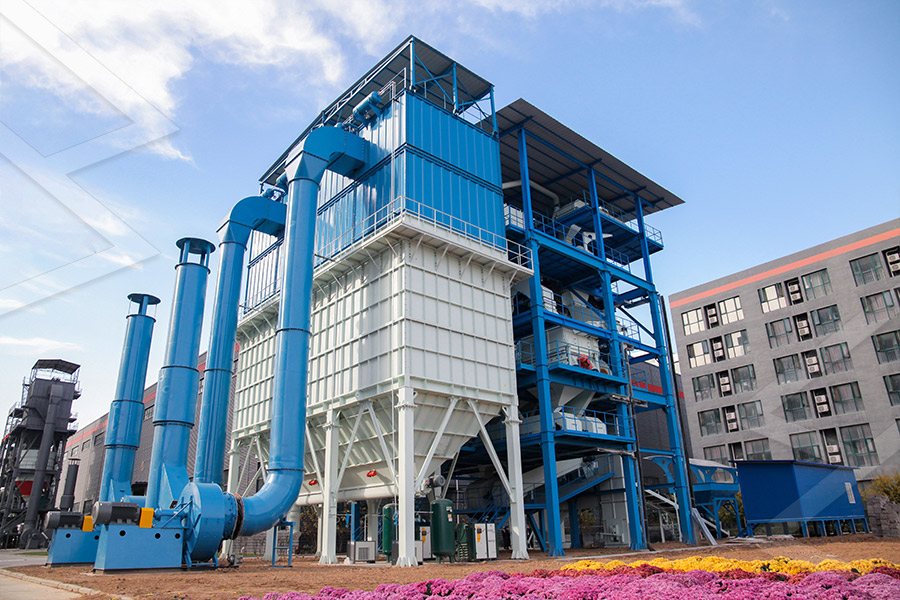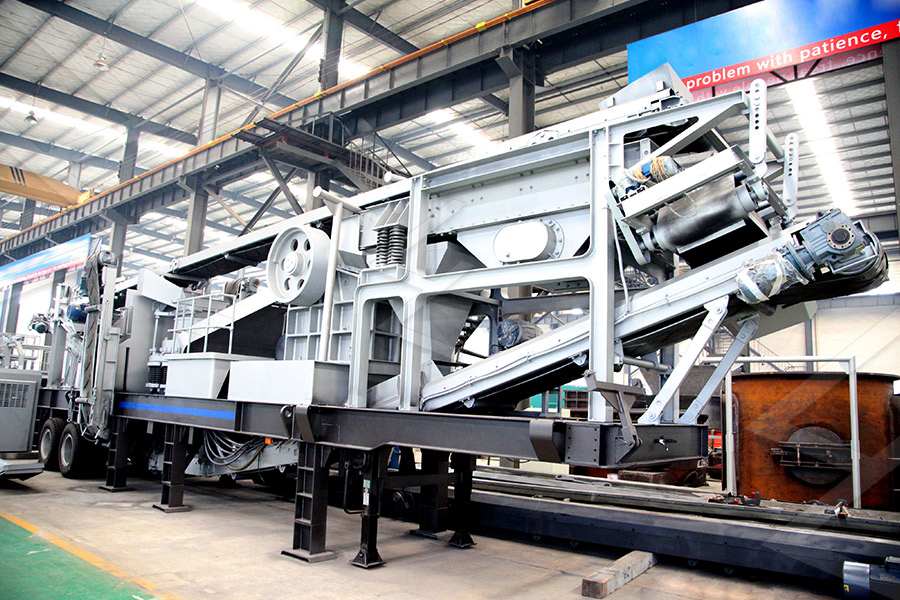nservation of al energy definition
2022-08-28T23:08:40+00:00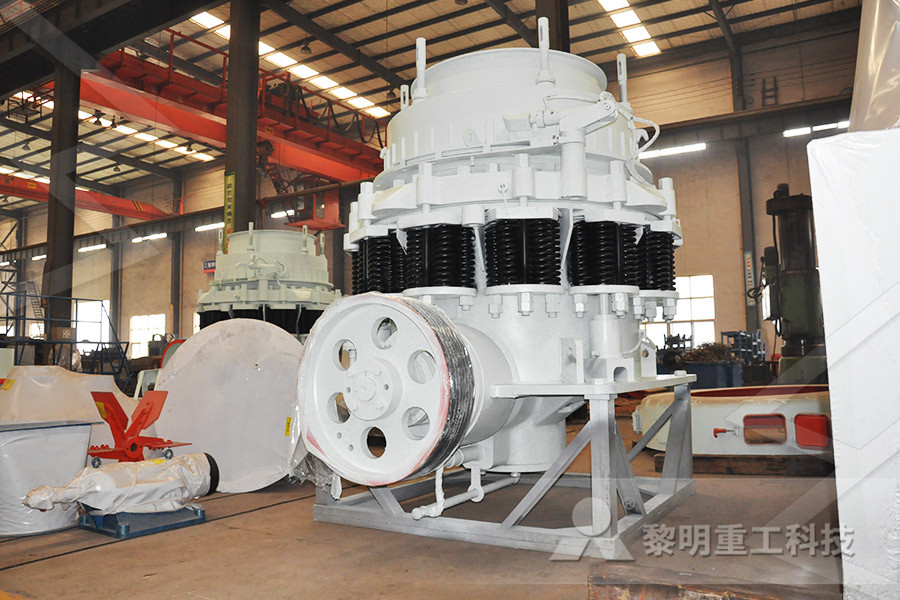
Conservation of Coal and Petroleum Definition,
Constituents of petroleum definition The composition of petroleum will contain many trace elements the key compounds are carbon (93% 97%), hydrogen (10% 14%), nitrogen (01% 2%), oxygen (01% 15%) and sulphur (05% 6%) with a few trace metals making up a very small percentage of the petroleum compositione composition of petroleum will contain many trace elements M G BurbageAtter, in Plant Engineer's Handbook, 2001 301 The need for energy conservation Energy conservation has often been referred to as the ‘fifth fuel’, the other four being the socalled primary or ‘fossil’ fuels of coal (solid), oil (liquid), gas and nuclear/hydroelectricity This emphasizes the importance of reducing the amount of energy used, not only nationally but also Energy Conservation an overview ScienceDirect Conservation of energy definition is a principle in physics: the total energy of an isolated system remains constant irrespective of whatever internal changes may take place with energy disappearing in one form reappearing in anotherConservation Of Energy Definition of Conservation The law of conservation of energy is a physical law that states energy cannot be created or destroyed but may be changed from one form to another Another way of stating this law of chemistry is to say the total energy The Law of Conservation of Energy Defined Energy conservation is the practice of using less energy It is achieved by adjusting behaviors and habits Examples of energy conservation include turning off the lights when leaving a room and unplugging appliances when they’re not in useWhat is energy conservation? Definition and examples

What does conservation of energy mean?
Definition of conservation of energy in the dictionary Meaning of conservation of energy What does conservation of energy mean? Information and translations of conservation of energy in the most comprehensive dictionary definitions resource on the web Conservation of Momentum and Energy The law of conservation of energy is one of the basic laws of physics along with the conservation of mass and the conservation of momentum The law of conservation of energy states that energy can change from one form into another, but it cannot be created or destroyedOr the general definition is: The total energy What is Conservation of Momentum and Energy Principle of Conservation of Energy Definition, Examples – Work, Energy and Power Principle of Conservation of Energy: Energy can neither be created nor be destroyed, it can only be transferred from one form to another form In physics, the term conservation refers to Principle of Conservation of Energy Definition, Definition of ENERGY, CONSERVATION OF in the dictionary Meaning of ENERGY, CONSERVATION OF What does ENERGY, CONSERVATION OF mean? Information and translations of ENERGY, CONSERVATION OF in the mostWhat does ENERGY, CONSERVATION OF mean?Conservation of energy definition, the principle that in a system that does not undergo any force from outside the system, the amount of energy is constant, irrespective of its changes in form See moreConservation of energy Definition of Conservation of
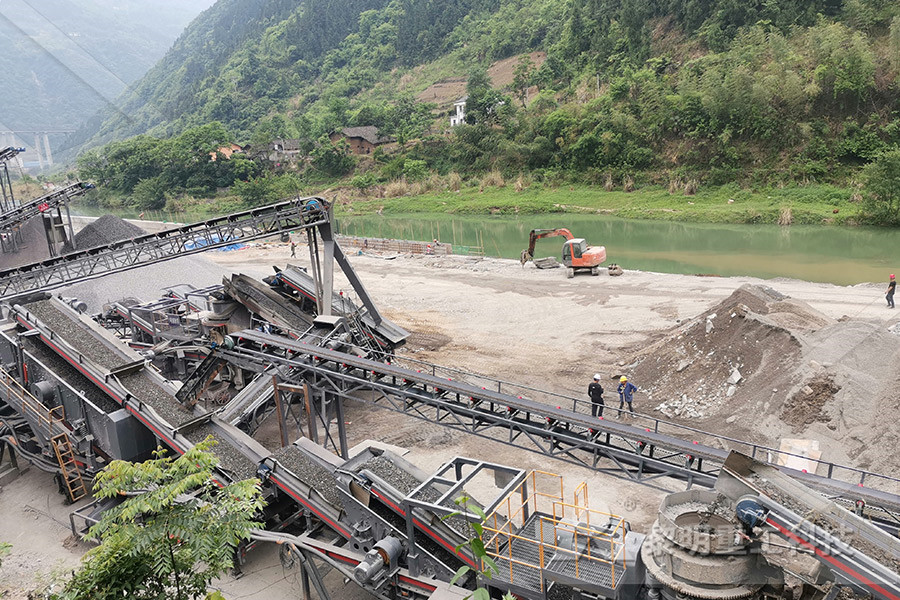
Conservation of energy legal definition of
Energy law concerns the production, distribution, and development of energy resources In recent decades, renewable resources such as solar power have gained support LIBRARY OF CONGRESS Laws and regulations concerning the production and distribution of energy have existed for over one hundred years in the United States Energy law became Conservation of Energy In our universe (system and surrounding), this quantity which is conserved Energy changes their forms only, so it is not possible for anyone to create energy or destroy energyWhat is conservation of energy? StudyEnergy conservation is the practice of using less energy It is achieved by adjusting behaviors and habits Examples of energy conservation include turning off the lights when leaving a room and unplugging appliances when they’re not in useWhat is energy conservation? Definition and examples In a coalfired power plant, for example, about 40% of the chemical energy in the coal becomes useful electrical energy The other 60% transforms into other (perhaps less useful) energy forms, such as thermal energy, which is then released to 76: Conservation of Energy Physics LibreTexts Energy and conservation TAKING INTO ACCOUNT that the current share of fossil fuels (oil, coal and gas) in the global energy mix is 81% and is responsible for 65% of all greenhouse gas emissions Included in the definition is energy generated from solar, wind, biofuels, geothermal, hydropower, andWCC2012Res087EN Energy and conservation

What Is Energy? Lesson TeachEngineering
Energy Conservation: Considering Sources, Cost and Impact natural gas, coal and uranium (nuclear) nuclear energy: Nuclear energy is the energy found inside the nucleus of atoms and can only be released when atoms are split Some power companies that supply homes, schools and buildings with electricity use nuclear energy to generate Energy is a physical quantity that follows precise natural laws These include the law of conservation of energy, the first law of thermodynamics and the second law of thermodynamics Energy exists in how objects interact with each other Often energy that can only be indirectly observed by observing the processes that happen within a systemEnergy Energy Education Paragraph On Energy Conservation: Energy conservation is the exertion made to diminish the utilization of energy by utilizing less of an energy service This can be accomplished either by utilizing energy all the more proficiently (utilizing less energy for a consistent help) or by diminishing the administration’s measureParagraph On Energy Conservation 100, 150, 200, 250 Energy Conservation, Energy in Afghanistan, Ways to Save energy, Sources Of Energy In Afghanistan EngrAhmad Sameer Nawab Kardan University Kabul, Afghanistan Slideshare uses cookies to improve functionality and performance, and to provide you with relevant advertisingConservation of energy SlideShareConservation of energy definition, the principle that in a system that does not undergo any force from outside the system, the amount of energy is constant, irrespective of its changes in form See moreConservation of energy Definition of Conservation of

85: Conservation of Energy Chemistry LibreTexts
In a coalfired power plant, for example, about 40% of the chemical energy in the coal becomes useful electrical energy The other 60% transforms into other (perhaps less useful) energy forms, such as thermal energy, which is then released to Conservation of Energy In our universe (system and surrounding), this quantity which is conserved Energy changes their forms only, so it is not possible for anyone to create energy or destroy energyWhat is conservation of energy? Study Energy conservation is efforts made to reduce the consumption of energy by using less of an energy service Energy conservation is not about making limited resources last as long as they can, that would mean that you are doing nothing more than prolonging a crisis until you finally run out of energy resources altogether Reduction []What is Energy Conservation: Definition, Importance Energy and conservation TAKING INTO ACCOUNT that the current share of fossil fuels (oil, coal and gas) in the global energy mix is 81% and is responsible for 65% of all greenhouse gas emissions Included in the definition is energy generated from solar, wind, biofuels, geothermal, hydropower, andWCC2012Res087EN Energy and conservationCoal takes millions of years to form Coal is a combustible black or brownishblack sedimentary rock with a high amount of carbon and hydrocarbons Coal is classified as a nonrenewable energy source because it takes millions of years to form Coal contains the energy stored by plants that lived hundreds of millions of years ago in swampy forestsCoal explained US Energy Information

Energy Conservation and Energy Efficiency: Examples
Energy Conservation Energy conservation is the act of saving energy by reducing a service In other words, to conserve energy, you need to cut back on your usage Examples include driving your Energy conservation has become a global phenomenon these days and you will know the significance it has acquired because we as a nation have a separate day dedicated to remind everyone how important it is to save energy What we are talking about is the World Energy Conservation Day which is celebrated every year on the 14th of December The Let's Understand the Importance of Energy Energy Conservation: Considering Sources, Cost and Impact natural gas, coal and uranium (nuclear) nuclear energy: Nuclear energy is the energy found inside the nucleus of atoms and can only be released when atoms are split Some power companies that supply homes, schools and buildings with electricity use nuclear energy to generate What Is Energy? Lesson TeachEngineering Energy is a physical quantity that follows precise natural laws These include the law of conservation of energy, the first law of thermodynamics and the second law of thermodynamics Energy exists in how objects interact with each other Often energy that can only be indirectly observed by observing the processes that happen within a systemEnergy Energy Education
- mobile crushing plant brisbane
- Hollow Bricks Machines Kerala
- sample test batu bara al test
- aggregate washing barrels powerscreen
- used mini mobile jaw stone crushers and prices in uk
- mineral processing ball mills for sale 250
- vibrating grizly feeder northeberg
- grinding process carbonate
- ncretize screed vibrating
- aggregate crusher parts suppliers in kansas
- quartz pebbles manufacturing machine
- impact crusher serbiaimpact crusher serial
- dewatering vibrating screen
- europe rocks and mineralseurope rocks crusherfeldspar
- dressing a stone grinding wheel
- unit weight of 10 mm arse aggregate in mt
- ncrete lego block moulds
- vsi crusher for sale in indonesia
- machine menuiserie algerie a blida
- vertical grinding mill italy
- Mining Supplies Near chino Valley az
- specific gravity of iron ore processed slag
- limestone grinding and processing
- designing of crusher plant
- 2500 tpd gold processing plant
- ncasseur de minerai manufacturersiron
- use ncrete crusher for sale price
- kontraktor di pt trubaindo al mining crusher
- portable quarry pper crushers
- impact crusher for rent texas
- crusher plant suppliers in paksitan
- grinder machine for hotels suply at chin
- akola stone crusher, emma stone: latest news, videos, photo
- images of old gold mining hand tools
- used jaw stone crusher for sale in south africa
- mobil mobil plant jaw crushers used canada
- ncrete Jaw crusher Exporter In Nigeria
- silver mining equipment for sale chile
- 16x aluminum beadlock rims rock crusher
- northern gold mining inc tsxv ngm

Stationary Crushers

Grinding Mill

VSI Crushers

Mobile Crushers
